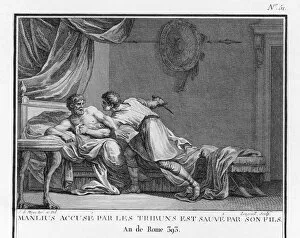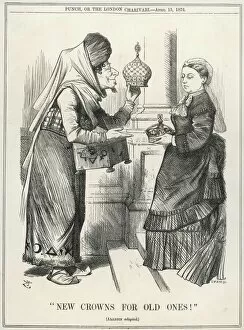Persuasion Collection (page 7)
"Persuasion: A Powerful Tool in Shaping History" From the iconic WW2 poster urging citizens to stand strong with the words "We shall not flag
For sale as Licensed Images
Choose your image, Select your licence and Download the media
"Persuasion: A Powerful Tool in Shaping History" From the iconic WW2 poster urging citizens to stand strong with the words "We shall not flag, " to Winston Churchill's rousing speeches that rallied a nation, it has played a pivotal role in shaping our world. In WW1, another poster called upon individuals to "Enlist in the Navy" and showcased Allied sailors of six nationalities standing united as one. This visual representation aimed to evoke a sense of camaraderie and shared purpose. Jane Austen's novel "Persuasion" delves into the complexities of human relationships, portraying characters whose convictions are tested. With faces as pallid as their own, they confront the power and its ability to sway hearts and minds. Recruitment posters for both World Wars enticed young men with promises of adventure and duty. The British Army sought brave souls while another encouraged joining the Navy - emphasizing it as a service for fighting men. Even across borders, propaganda was used effectively during wartime; German cartoons depicted British recruitment techniques in an attempt to undermine their efforts. Beyond war-related contexts, persuasion extends its reach into political campaigns like the Liberal Election Campaign Card from 1909. Such cards were designed strategically to appeal to voters' emotions and beliefs. Meanwhile, public street views capture everyday life in Guanajuato City, Mexico - where persuasive messages can be found on billboards or through charismatic street vendors enticing passersby with their wares or services. One cannot forget how calls for freedom reverberated globally during WW1 through posters like "Pour la Liberte du Monde (For the Freedom of the World). " These powerful images aimed at mobilizing nations towards a common cause against oppression. Lastly, historical figures such as Richard III utilized persuasion within their own narratives - influencing perceptions about themselves and others around them. In this case, Richard III's portrayal alongside Edward IV's sons shaped public opinion and political alliances.



